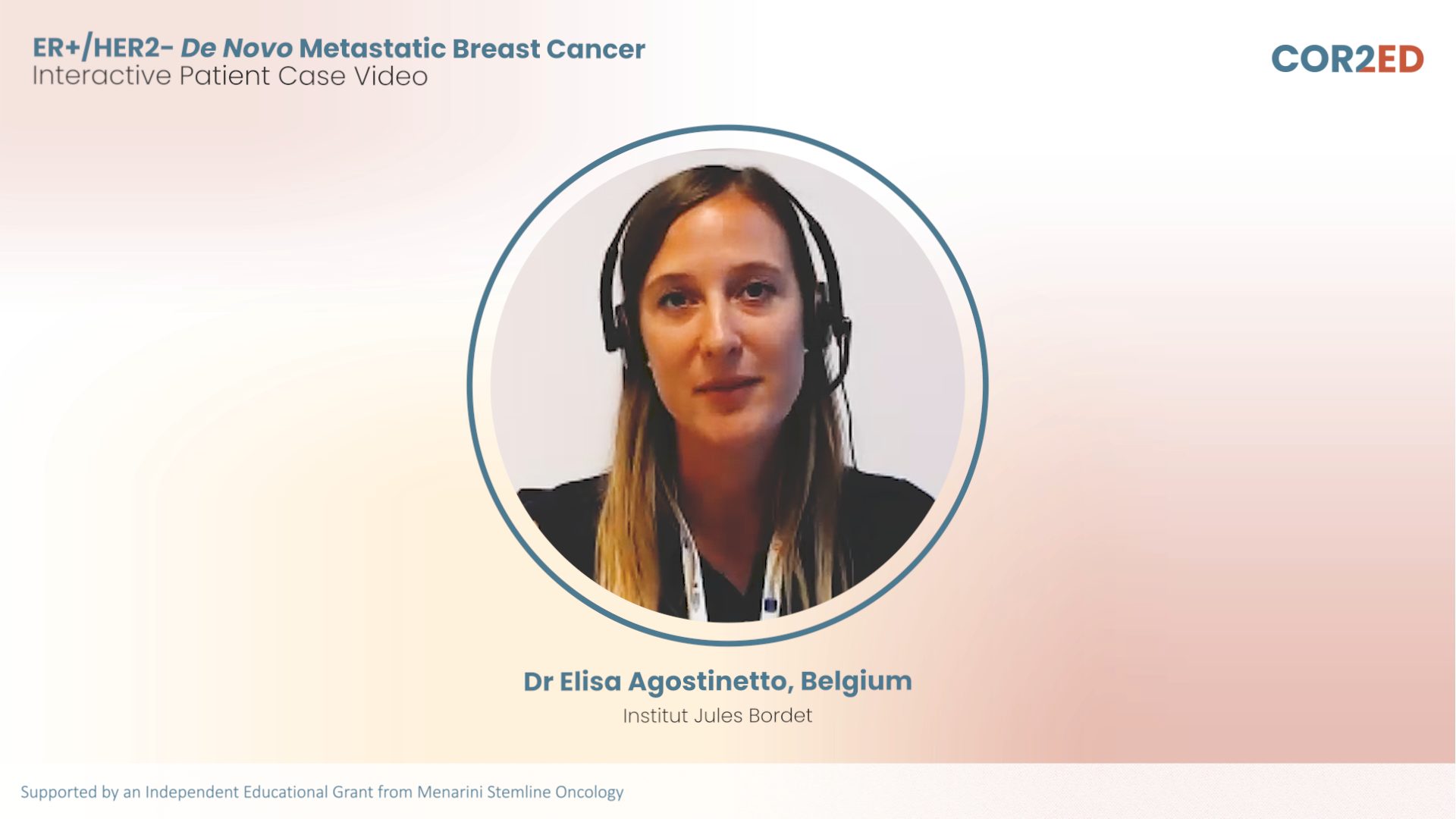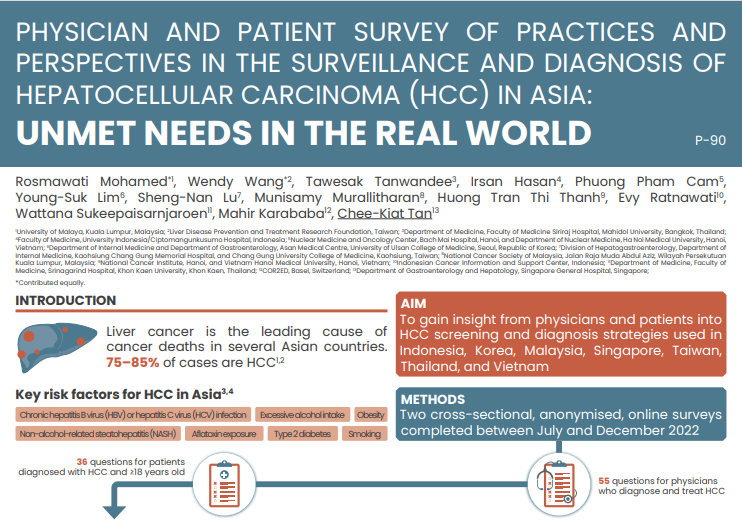In this interactive patient case study, developed by Assoc. Prof Gerald Prager and Assoc. Prof. Joleen Hubbard, you'll learn about the management of colorectal cancer (CRC) to achieve a long-term response. As you work through the two patient cases, you'll make treatment decisions at key points and receive feedback on your choices, with references to supporting data.
After taking part, you'll understand:
- How to view CRC treatment as a continuum of care
- What to consider when making treatment decisions
- Which treatment options are available for CRC patients 3rd line and beyond
Take the interactive patient case programme below or follow the link to take the accredited e-learning to count towards your CME credit.
Clinical Takeaways
-
Treatment of advanced colorectal cancer (CRC) should be considered as a continuum of care and patients should be offered as many life prolonging therapies as possible
-
Decision-making at each stage of therapy should consider patients' suitability and tolerability, tumour biomarkers and prior exposure to chemotherapies and/or targeted agents
-
There are a number of treatment options for CRC patients third-line and beyond which should be considered such as regorafenib, trifluridine/tipiracil as well as consideration of clinical trials and rechallenge with chemotherapy or anti-EGFR
This programme is endorsed by:
Digestive Cancers Europe (DiCE) is a European non-profit umbrella organisation of nearly 40 national Member Organisations across Europe representing patients with digestive cancers – colorectal, gastric, liver, oesophageal, pancreatic, and rare digestive cancers. DiCE is committed to advancing diagnosis and medical treatment, advocating high standards in clinical practice, education, and research, and supporting patient care for a better quality of life. DiCE's vision is to see fewer people in Europe suffering from digestive cancers.










 19 MIN
19 MIN
 Jul 2024
Jul 2024  Downloadable
Downloadable 




